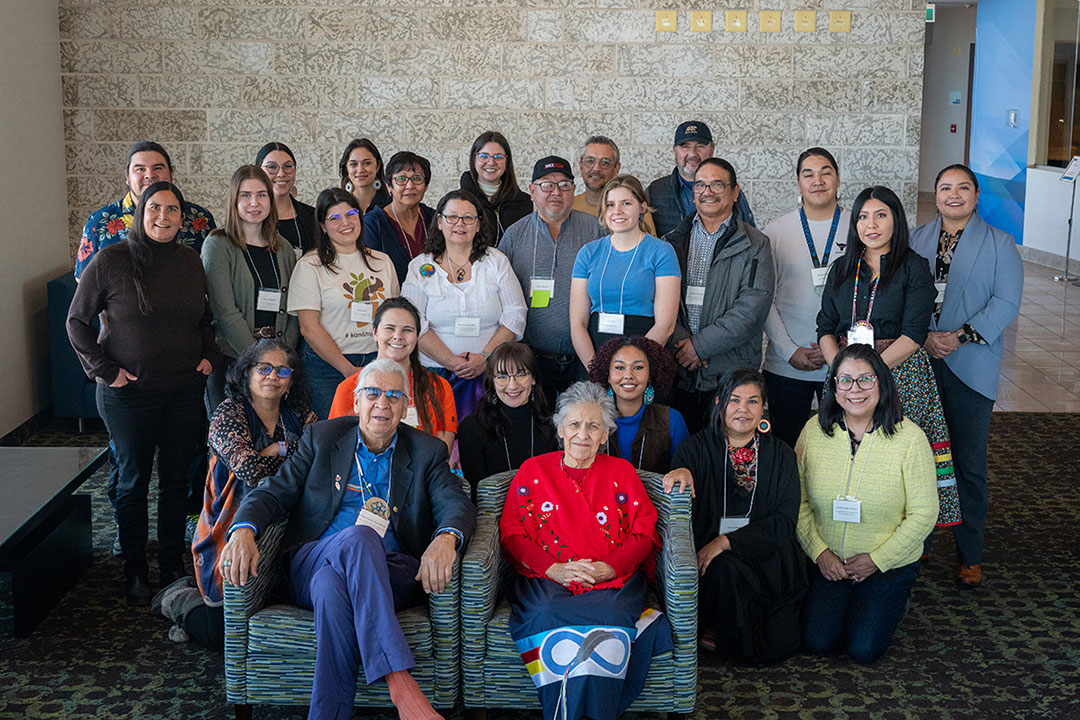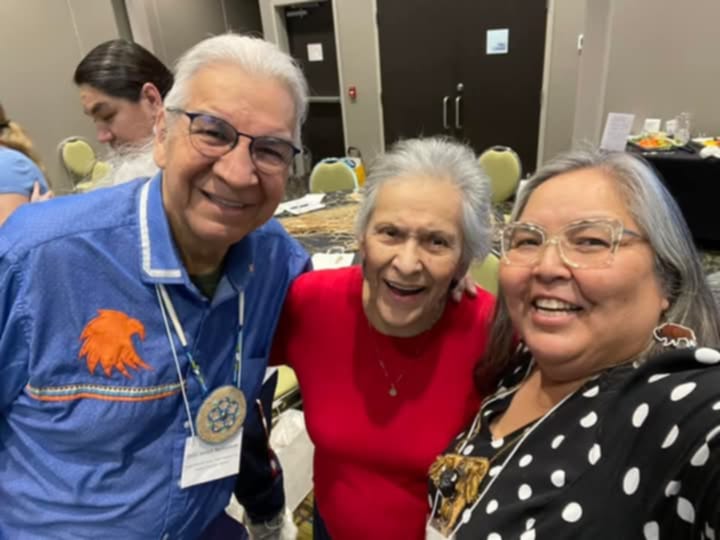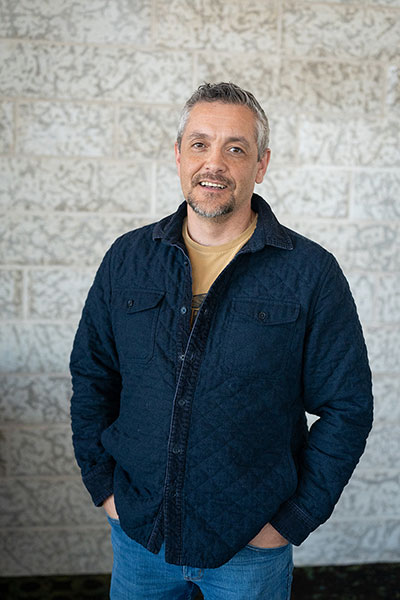
Indigenous voices lead grasslands conservation efforts
Earlier this year, the kihci-okāwīmāw askiy Knowledge Centre embarked on a groundbreaking project aimed at respecting and uplifting the sovereignty, knowledge, and languages of Indigenous nations, with the goal of driving systemic change in grasslands conservation efforts.
The Canadian Wildlife Federation (CWF), in partnership with Environment and Climate Change Canada (ECCC), led a program to assess Canadians' knowledge about grasslands. Through opinion surveys conducted in 2023, CWF identified significant gaps in understanding and recognized the cultural importance of grasslands to Indigenous peoples. These findings underscored the need to amplify Indigenous voices in grasslands conservation messaging.
CWF aims to develop a Canada-wide communications campaign within the next two years, focusing on the beauty, cultural significance, and ecological value of grasslands.
CWF worked with the kihci-okāwīmāw askiy Knowledge Centre to ensure that Indigenous perspectives are central to the campaign. A key component of this effort was a gathering of Indigenous peoples from the three prairie provinces with native grasslands to provide advice and guidance on effective conservation messaging.
The kihci-okāwīmāw askiy Knowledge Centre led an event on January 16, 2025 to produce testimonials reflecting the perspectives of Indigenous peoples regarding grasslands conservation. These testimonials are integral to a broader effort to communicate the cultural and ecological value of grasslands to Canadians.
“This collaborative effort marks a significant milestone in grasslands conservation, driven by the voices and knowledge of Indigenous communities,” said Candice Pete-Cardoso, director of the kihci-okāwīmāw askiy Knowledge Centre.
This initiative aligns with the Centre's vision statement, "kihci-okāwīmāw askiy pimātisiwin ka-āsōnamākēt, poko kwayask ka-manācihāyahk" (Great Mother Earth gives us life; in return, we have the responsibility to respect her), which emphasizes the importance of protecting Mother Earth.

The kihci-okāwīmāw askiy Knowledge Centre and CWF are committed to creating a future where grasslands are preserved and respected for their cultural and ecological value.
One testimonial from the workshop was provided in nēhiyawēwin (the Cree language) by Elder Joseph Naytowhow from Sturgeon Lake First Nation, Treaty 6 Territory, Saskatchewan:
nitānīskotāpanak kī-kīskēyitamwak askiy ē pīmatīsīt ēkosīsi ka īsi manācihit
“My ancestors knew the land as a living being and is to be respected and treated like medicine”.

Another testimonial was provided by Philip Brass from Peepeekisis Cree Nation, Treaty 4 Territory, Saskatchewan in nēhiyawēwin):
maskoskahk ōma pimatisowin. ē kaskihtamāsot iyīnitoayīsiniw isīhcikēwin, ahcahkowin, ēkwa pīkīswēwin. ka isi wahkotomihk kāwī paspīhk ēkwa ka apihkātamīk pōko kikwiy, ōma tāpwēwin kā kisētamihk ka isi pīmātīsomakahk okāwīmāw askiy.
“Native prairie is the lifeline for Indigenous plains people's cultural, spiritual and linguistic existence. Our collective wellbeing and survival are braided together with that of what remains. This is the truth of a living world.”
The name of the event was paskwāhk ka-māmiskōtamihk which means “A Gathering to Discuss Grasslands Conservation Messaging” in nēhiyawēwin (Cree). It was named by Elders Julie Pitzel and Joseph Naytowhow, and Language Carrier, Leo Yahyahkeekoot, members of the centre’s steering committee. They guided the planning for the event and facilitated sessions throughout the day.

